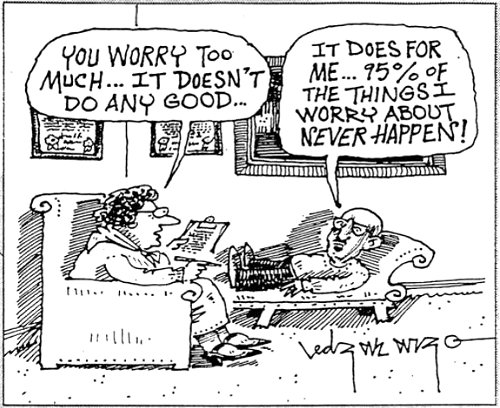If you’ve never heard of the “gig economy,” today you’ll learn about an emerging trend that will be sure to garner your attention in the months ahead.
It’s one of the most powerful forces in today’s employment marketplace. Decisions being made about how it functions will likely impact large swaths of the economy—including the real estate industry.
Some of the most important structures, regulations, and policies used by the real estate industry are being called into question, and it’s all happening in areas unrelated to real estate.
What can you do to counterbalance these forces? The first step is to educate yourself and start to recognize developments taking place in various service industries.












